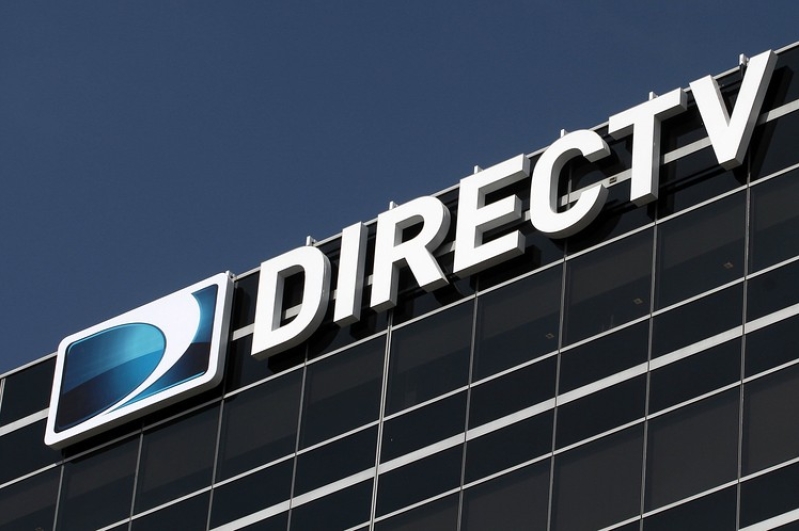
The Federal Trade Commission on Wednesday accused satellite television giant DirecTV of misleading customers about a discounted 12-month package that required a two-year contract that had a large cancellation fee. Now the federal regulator wants the company to issue millions of dollars in refunds.
According to Jim Puzzanghera of the Los Angeles Times, the FTC argued that DirecTV also engaged in misleading practices in regards to offers related to free premium channels, which is why the agency is seeking "many millions of dollars" in refunds. Agency chair Edith Ramirez elaborated on the accusations.
"DirecTV sought to lock customers into longer and more expensive contracts and premium packages that were not adequately disclosed," Ramirez said. "It's a bedrock principle that the key terms of an offer to a consumer must be clear and conspicuous, not hidden in fine print."
Katie Lobosco of CNN Money elaborated on the terms of the satellite company's 12-month plan advertised to consumers. The complaint lodged against DirecTV was filed in federal court.
"The package's price jumps in the second year by between $25 and $45 per month," Lobosco wrote. "Customers that try to cancel early are hit with a fee of up to $480, according to the complaint."
The FTC also looked at how DirecTV charged for its premium channels. According to Lobosco, the company has more than 20 million subscribers.
"The company also failed to make clear that customers must proactively cancel the free premium channels like HBO and Showtime that they get during the first three months of the package," Lobosco wrote. "If they don't, they're charged automatically."
According to the Los Angeles Times, DirecTV, which has its headquarters in El Segundo, issued a statement denying the allegations.
"The FTC's decision is flat-out wrong and we will vigorously defend ourselves, for as long as it takes," DirecTV said. "We go above and beyond to ensure that every new customer receives all the information they need, multiple times, to make informed and intelligent decisions. For us to do anything less just doesn't make sense."
Jessica Rich, director of the agency's Bureau of Consumer Protection, told the Los Angeles Times that "thousands of consumers" have filed complaints about DirecTV's practices. She argued that the details were hidden in fine print or obscured by other text or pictures in most cases.
"Companies can't hide important information from consumers to trick them into buying goods or services and that's what we allege DirecTV did in deceptively advertising its satellite TV services," Rich said.
Rich argued that a "large portion" of customers may have been affected by DirecTV's methods.






